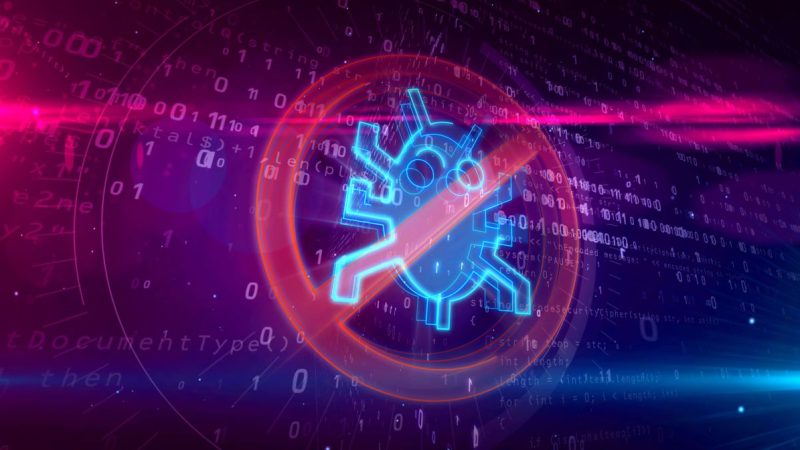
Two days ago Aleks shared his thoughts on the sentencing of three Russian cyber criminals. One of the key points Aleks made was that ‘cyber criminals have found more profitable and less risky ways to use these networks: sending spam, spreading adware, and stealing users’ personal data.’
This is borne out by the number of arrests and convictions we’ve seen over the last few years.
| 2004 | 2005 | 2006 | |
| Arrests/convictions | 100 | 35 | 12 |
These figures include arrests and convictions for distributing malware, hacking, spamming, phishing, and other scams. We’ve adjusted the numbers so that it reflects the number of crimes which have lead to arrest/ conviction, not the number of cyber criminals arrested and sentenced. However, to give you an idea, in 2006 41 hackers were arrested in connection with one specific crime, and 20 people were arrested in connection with Operation Horse Race.
Our data is fairly rough-and-ready and shouldn’t be viewed as scientific. Additionally, cyber crime cases are often kept relatively quiet, so it’s hard to get precise numbers. However, the trend is clear: the *visible* tip of the iceberg is shrinking. As Aleks indicated, this doesn’t mean there’s less cyber crime; just that it’s becoming more and more subtle and criminals may therefore be better able to escape the notice of law enforcement bodies.






















More crime, fewer arrests?